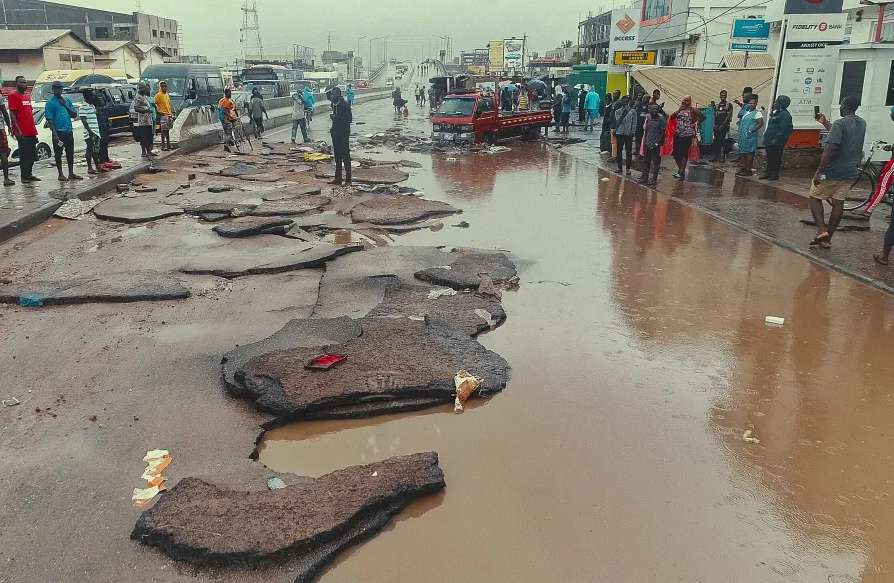Kumasi, the second-largest city in Ghana and the capital of the Ashanti region, is experiencing rapid urbanization and population growth, resulting in significant transportation challenges. The Greater Kumasi Metropolitan Area (GKMA), home to 2.8 million people, struggles with traffic congestion, inefficient public transport dominated by informal operators, and increasing environmental and safety concerns. To address these issues, the Government of Ghana, with World Bank support, is implementing the Kumasi Urban Mobility and Accessibility Project (KUMAP). A key component involves developing a Bus Rapid Transit (BRT) system along two major corridors, enhancing urban mobility, safety, and inclusive access to jobs and services. However, the BRT infrastructure and services face significant climate risks, including flooding, extreme heat, and wildfires, which threaten its long-term viability.
Recognizing this, the World Bank contracted INES Ingenieros to conduct a vulnerability assessment and define a climate resilience strategy. Such studies ensured that climate risks were identified and mitigated early in the planning process, safeguarding the long-term functionality and reliability of the transport system while minimizing disruptions and potential losses.
The project conducted by INES focused on two key objectives: evaluating the exposure, sensitiviy and vulnerability of transport infrastructure and services to climate hazards; and developing a resilience strategy with prioritized investments. Key tasks included generating flood and wildfire hazard maps, analyzing hazard exposure of the two corridors, inspecting existing infrastructure in the field and assessing structural vulnerabilities, examining institutional and resource capacities for disaster management, and engaging stakeholders to design actionable resilience measures that can be incorporated to the design project of the BRT system.
By integrating climate adaptation into urban transport planning, this project not only strengthened Kumasi’s ability to cope with climate risks but also serves as a model for sustainable and resilient infrastructure development in Ghana and beyond.
